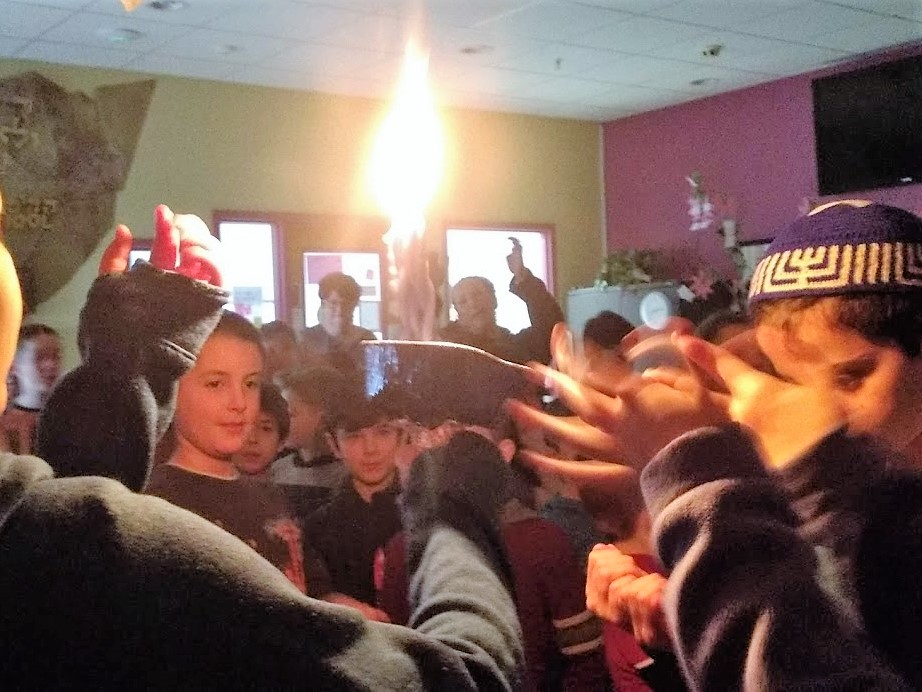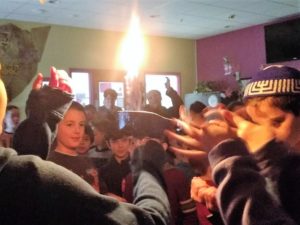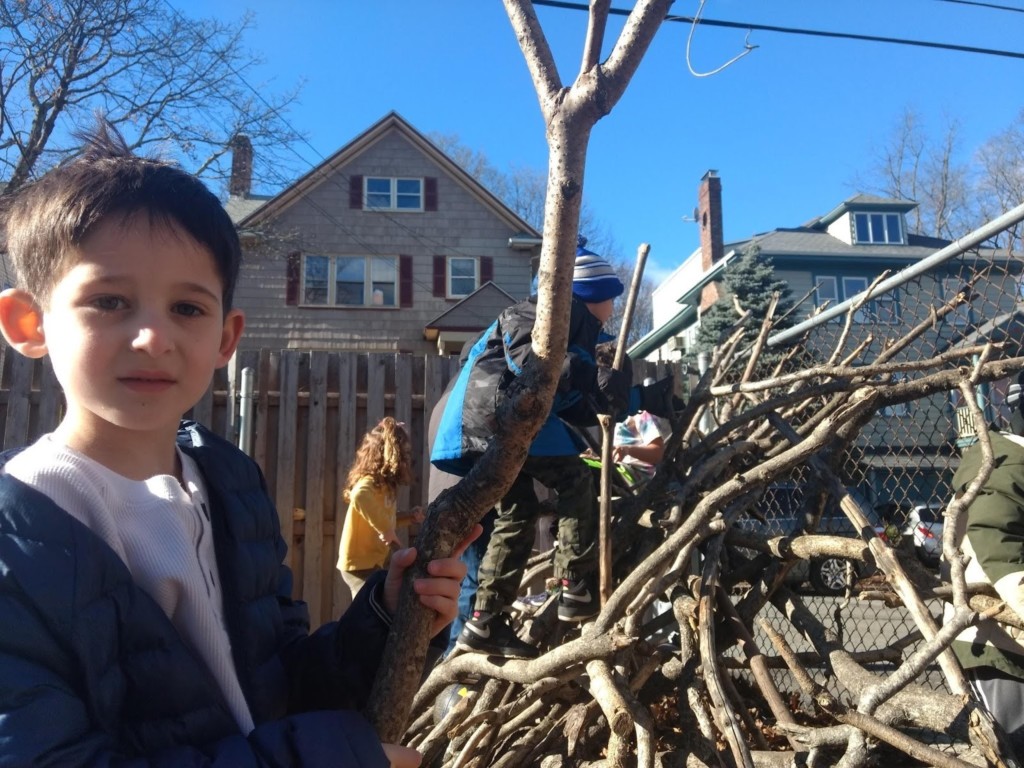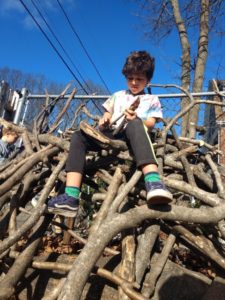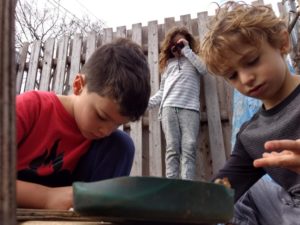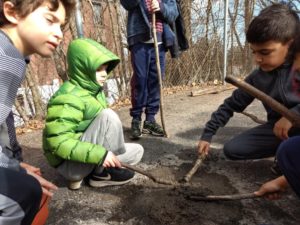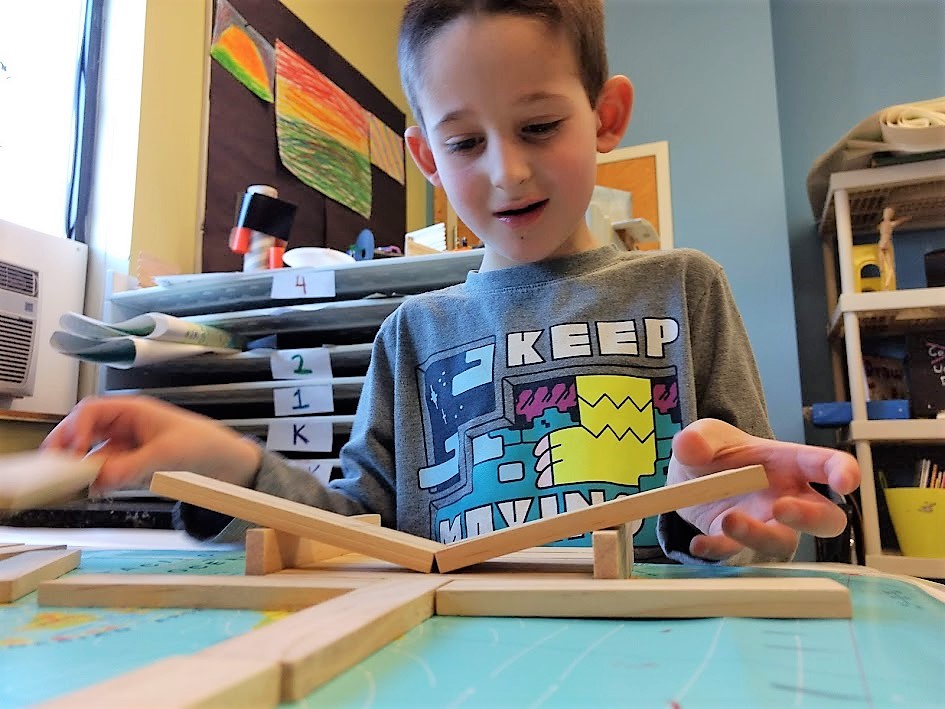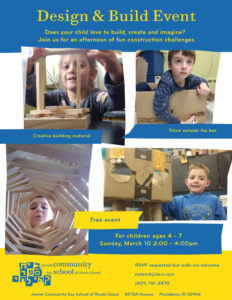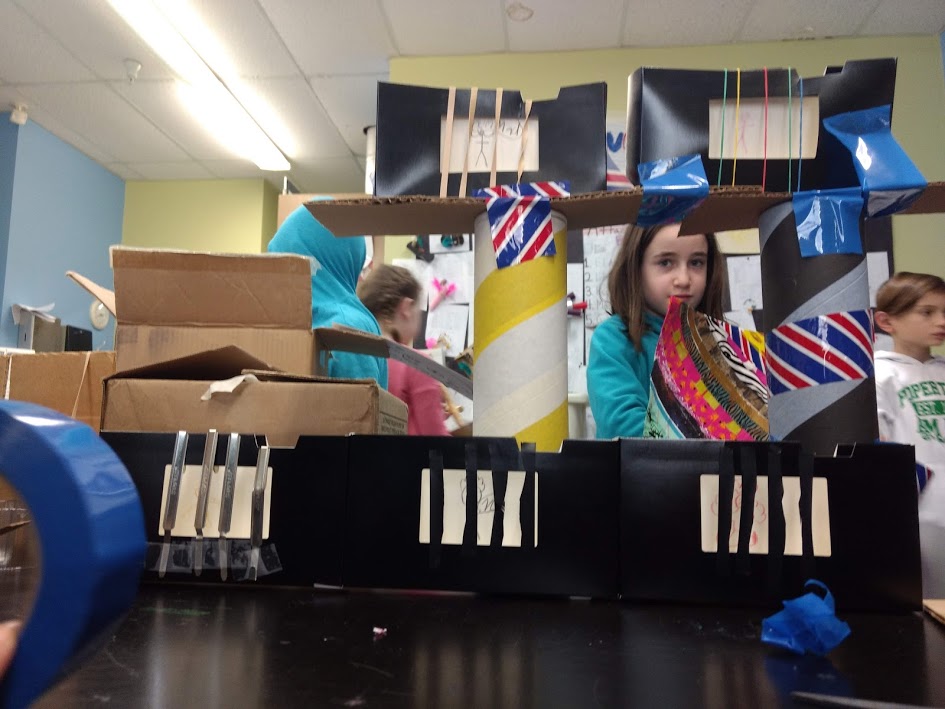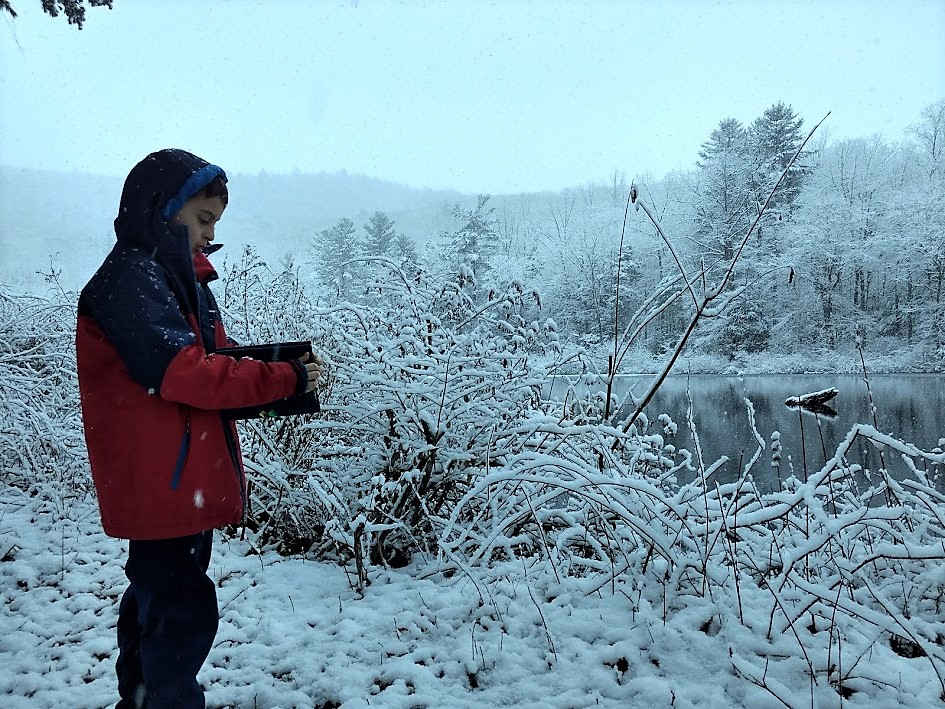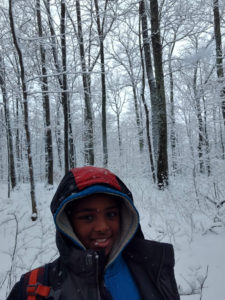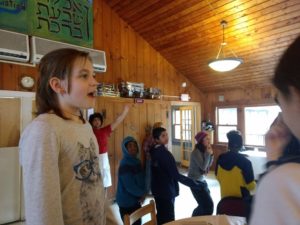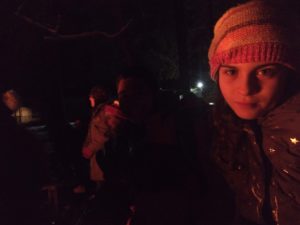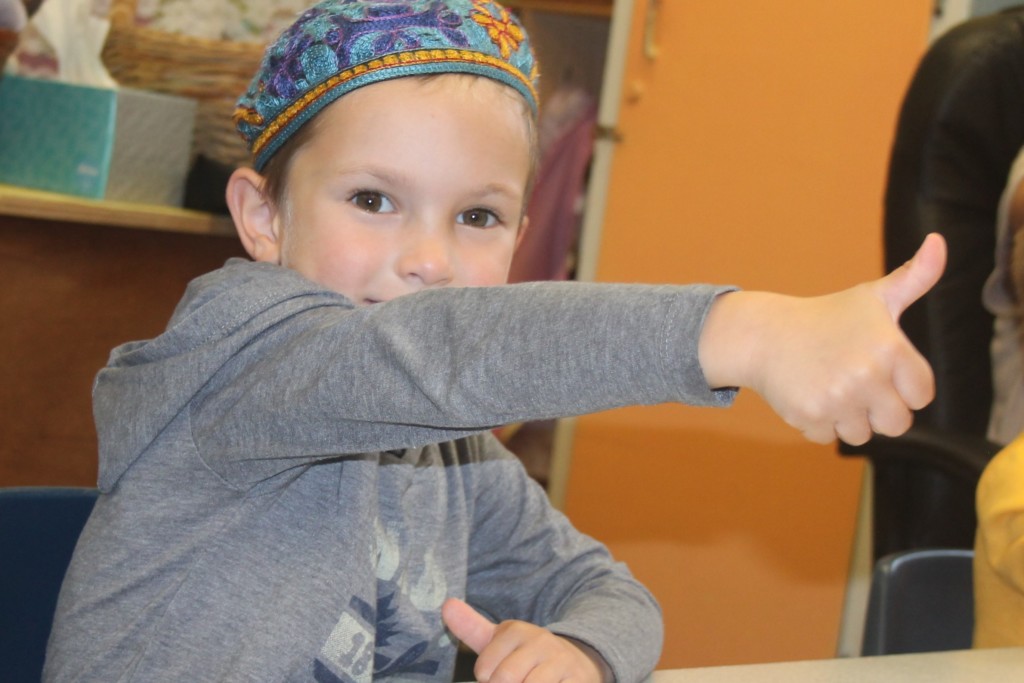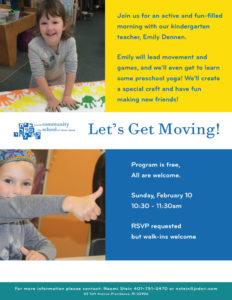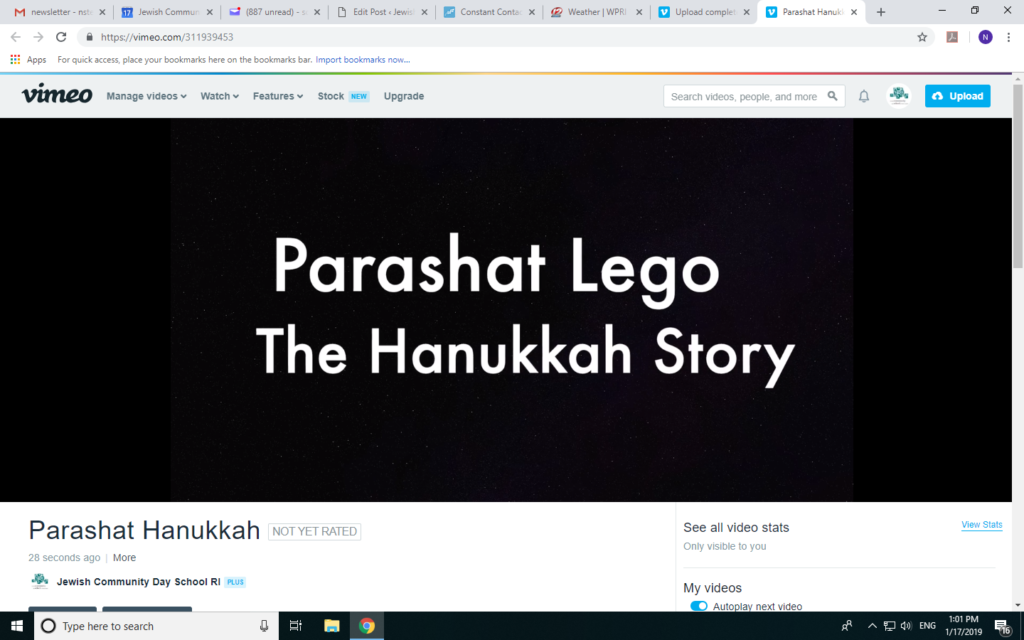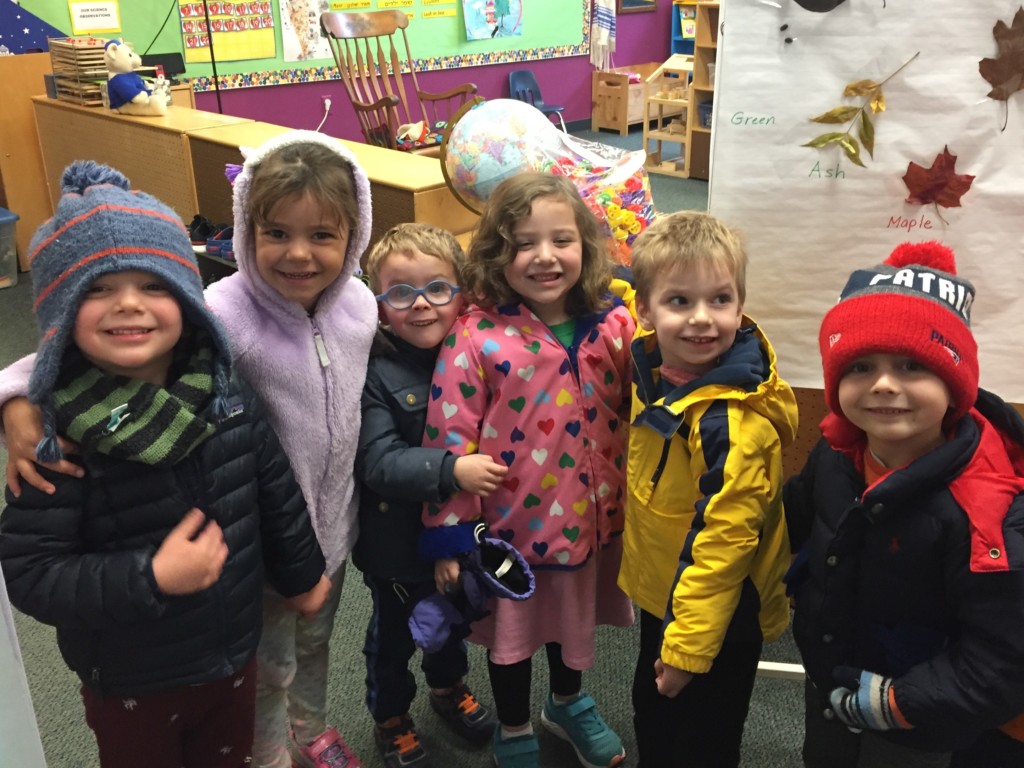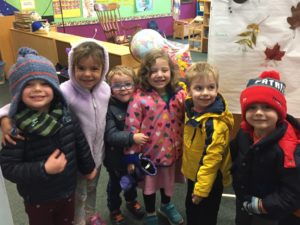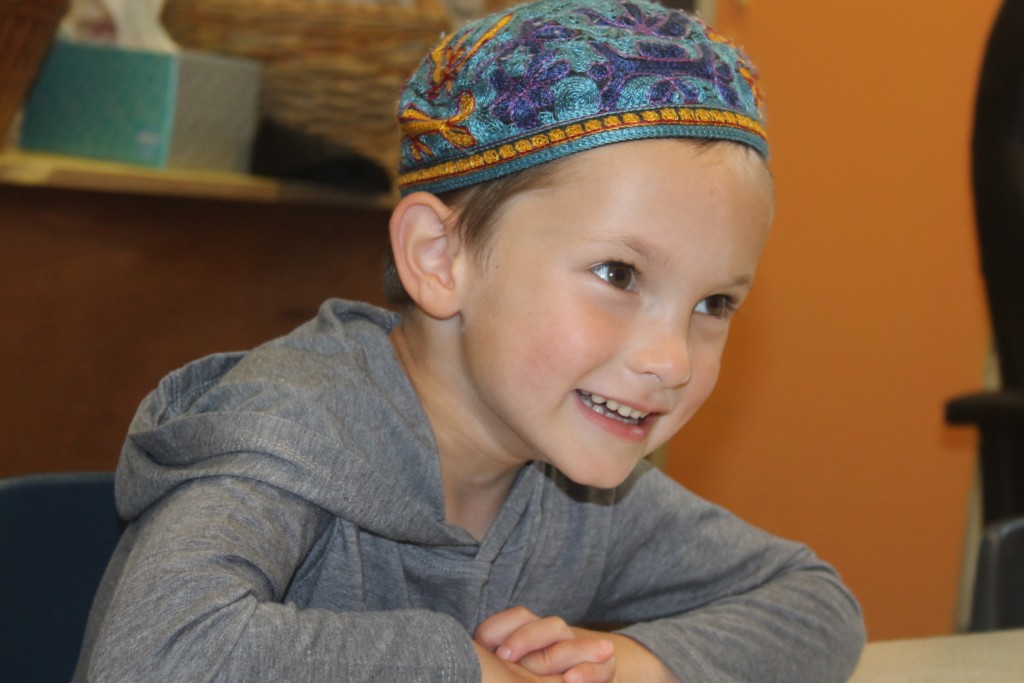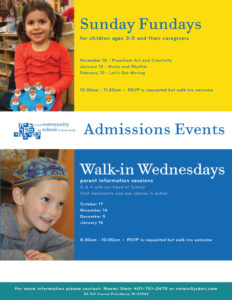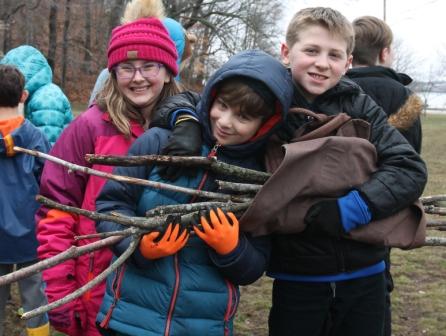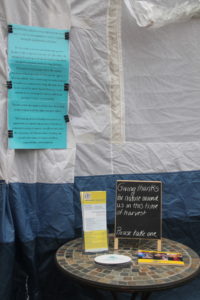Last month, more than 130 people gathered at the Alliance for JCDSRI’s first annual Havdalah celebration in memory of Claudia Yellin. It was a wonderful event – and afterward I thought a lot about what it meant for our community to come together and pray. At JCDSRI, our students engage in prayer regularly. Why? Well, prayer is good for us, according to the scientific research. It helps us stay mindful and practice meditation – and this, in turn, helps us to live happier, healthier and more productive lives. Scientists have discovered that prayer can provide immunity against disease, reduce feelings of resentment, frustration and regret, and can even help us sleep better. Prayer is good for our physical and cognitive health.
Ultimately, however, we don’t just pray at JCDSRI so we can stay healthy. Instead, we create sacred prayer time – z’man kadosh – so that we can explore our spirituality and connection to God. We express gratitude, wonder, forgiveness and love. When we pray at JCDSRI, we remember we are the recipients of many gifts: of life; of love; of a helping hand; of hope. During prayer, we are called to reach out to others and work toward tikkun – toward repair.
As a pluralistic school, however, we also understand that our students and their families have differing ideas about spiritual expression and religious practice. We work hard to expose our students to a diversity of Jewish beliefs and observances and in response, they are encouraged to remain curious, flexible, and respectful. In our role as educators, it is our responsibility to honor familial decisions while introducing our students to the richness and complexity of understanding the Divine presence and the breadth of our liturgy. Even the siddur (prayer book) that our students use reflects our philosophy. It engages both emerging and fluent readers of Hebrew and includes illustrations reflecting the conceptual meanings of prayers. It uses gender neutral language for God and contains empty spaces on many of its pages, thus encouraging questions, contemplation, and personal reflection.
One of the added and unique benefits of a JCDSRI education is that our students learn to celebrate the beauty and resilience of the human spirit and experience moments of transcendence. May we all be blessed with the opportunity to celebrate life with similar joy, gratitude and awe.
